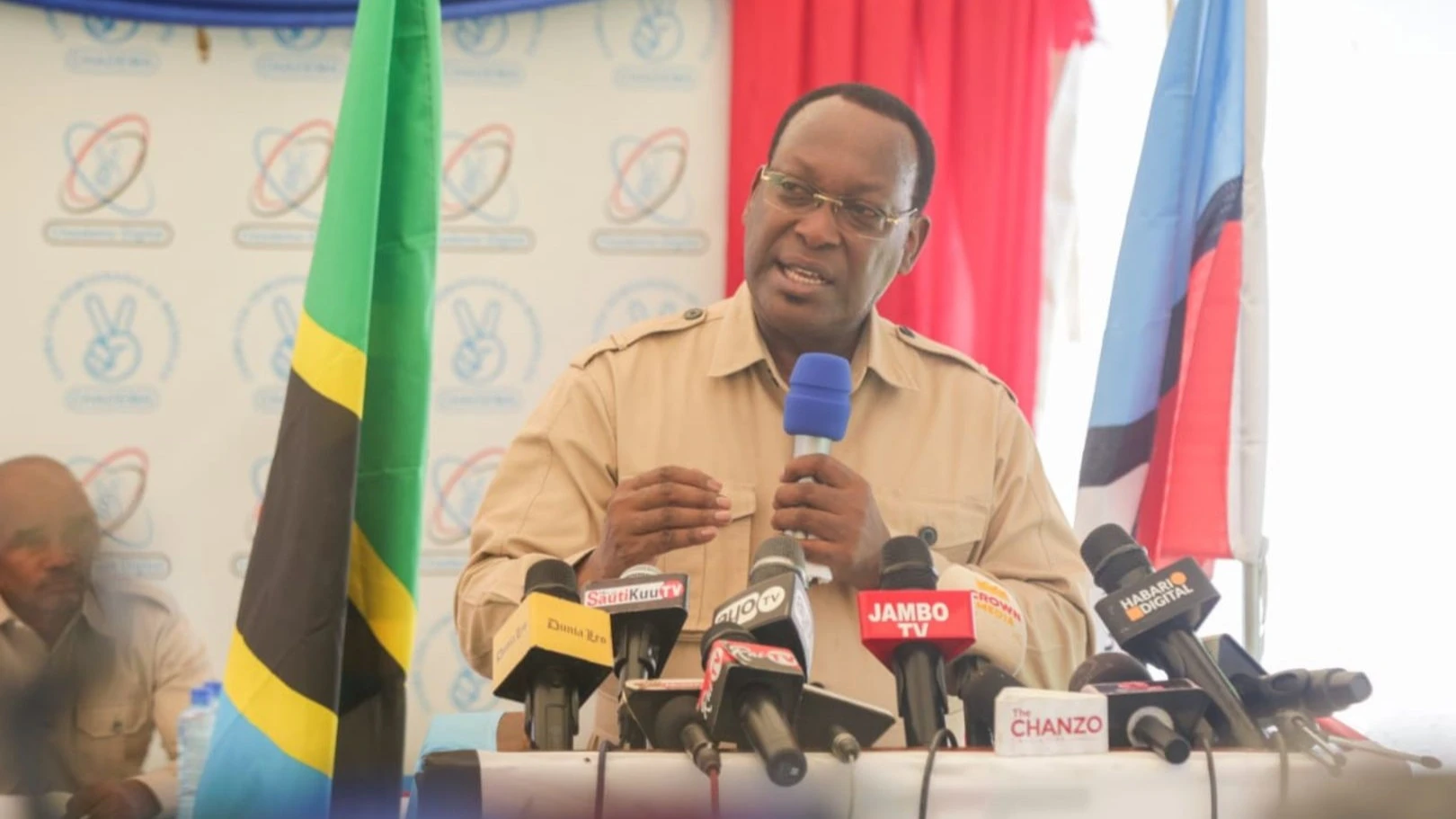The journey back home: Challenges faced by Tanzanian Diasporas returning for holidays

THE reluctance of some members of the Tanzanian diaspora to return home for holidays has sparked concerns with many of them citing a number of reasons including the tendency of some relatives who considers those living abroad as good financial and capable of providing various types of support to them. This kind of thinking frustrates a number of people living abroad.
To explore the matter, the author prepared a questionnaire aimed at uncovering reasons behind the diaspora’s prolonged absences from home. Questions were geared at knowing why they spent too many years without coming back to reconnect with their roots and give back to communities.
Responses showed that many Tanzanians living abroad avoid holiday visits due to pressures from relatives who expect financial support from them without considering that they also have their personal goals.
This creates an environment where returning home becomes burdensome. One anonymous respondent shared, “I often fear going home on a limited budget. I’m pressured to set aside money for distant relatives who want funds for local brews, and some even expect me to cover their children’s education cost. Failure to meet their expectations leads to endless family conflicts.”
Boimanda Boimanda, a diaspora in the United States expressed similar sentiments. Boimanda hasn't returned home for Christmas or New Year for over three years, citing significant investments abroad and lack of trust in his relatives' management of his projects back home.
“Leaving my investments without certainty of returns creates chaos. Marrying outside Tanzania allows me to balance time spent at home and abroad, helping my children connect with their roots," he noted.
Boimanda attributed his long absence to conflicts among family members, stating, “My elder brothers monopolized family resources, these kind of misunderstandings between family members discourages me from returning back home.”
He observed that some of his brothers’ children, who were educated by the diaspora, are no longer communicating with them. This fosters a sense of competition and resentment, discouraging visits from those who feel left out.
Another diaspora member highlighted the impact of superstitious beliefs among family members, suggesting that success in the diaspora is often viewed as a threat, prompting many to avoid potential conflicts.
Changes in the demographic landscape of rural areas also play a role as one respondent pointed that Kanyigo ward, Kagera Region used to be a number of elders who once welcomed returning Diasporas, but are no longer there.
“The old Kanyigo, once thriving with bananas, coffee, and vibrant development, has faded,” she explained.
“The deterioration of infrastructure and a shift toward dependency have left some Diasporas feeling unwelcome. Villages have become a home to those who expect financial support without effort. Visiting during holidays now feels more like an obligation to invest rather than a celebration,” she added.
However, some diaspora disconnect from local communities because their parents have passed away. Many expressed a loss of enthusiasm for returning, viewing the holiday period as a time to rest rather than engage in community obligations.
One diaspora member living in the U.S. noted, “Affordable housing is a major issue, making it difficult for some to return home, especially compared to what they experience outside Kagera Region. Living abroad doesn't automatically equate to financial stability for solving community challenges.”
Phillip Ishumi, a retired agricultural officer residing in Morogoro Region, acknowledged the challenges faced by Diasporas emphasizing that some have completely been disconnected from their roots.
He pointed out the growing tendency of locals to ask for money or gifts, a practice known locally as ‘Wansigotai’—which can be translated as ‘How do you live me, empty-handed?’ He believes village by-laws should encourage a new generation to engage in economic activities instead of relying on relatives.
Christmas and New Year holidays hold special significance for both locals and Diasporas, serving as a time for reunification and celebration. Community-based organizations (CBOs) in Kagera Region have designated specific days for Diasporas to return and collaborate on poverty alleviation efforts, such as Kanyigo Day, Ruzinga Day, and Kikukwe Day, all celebrated in December.
According to a 2022 report from the Bank of Tanzania (BoT), Tanzanians living abroad send an average of $456.5 million (about 1.03trn/-) annually.
Beyond remittances, many return home to reconnect with family and participate in community development initiatives.
Top Headlines
© 2024 IPPMEDIA.COM. ALL RIGHTS RESERVED

























